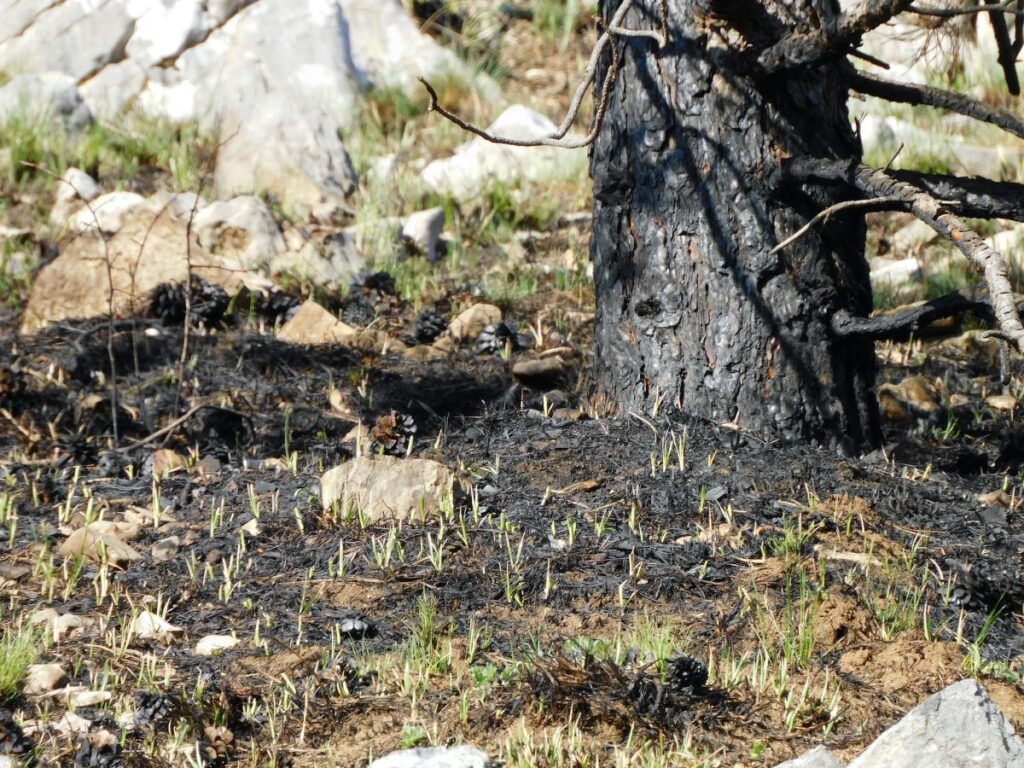The European Data Journalism Network is carrying out an investigation on wildfires across Europe. Among the different geographic focus, PressOne produced a series of articles about Romania. The latest reportage by Laura Popa stressed the connection between rural depopulation, inadequate governance, and environmental issues contributing to the wildfires in Romania.
In the “Romania is burning” series, rural depopulation emerges as a significant factor contributing to fires in Romania. In her latest contribution, the author Laura Popa shifted the focus to the village of Carașova, situated near the Semenic-Caraș Gorge National Park. As the population dwindles due to emigration, especially among the younger generation, traditional farming practices decline, leading to neglected fields and pastures. The elderly, dependent on farm subsidies, resort to setting intentional fires to clear land quickly and cheaply, despite prohibitions by the Romanian agency providing subsidies (APIA).
The reportage highlights the complex interplay between depopulation, economic challenges, and the environmental impact on the region. The mayor of Carașova acknowledges the issue and attempts to address it through public meetings, emphasizing the need for a shift in local practices. However, the lack of penalties and ineffective enforcement contribute to continued burning. Concerns raise about the conflicting relationship between the Semenic-Caraș Gorge National Park and the local community, with some perceiving the park as a hindrance to development.
